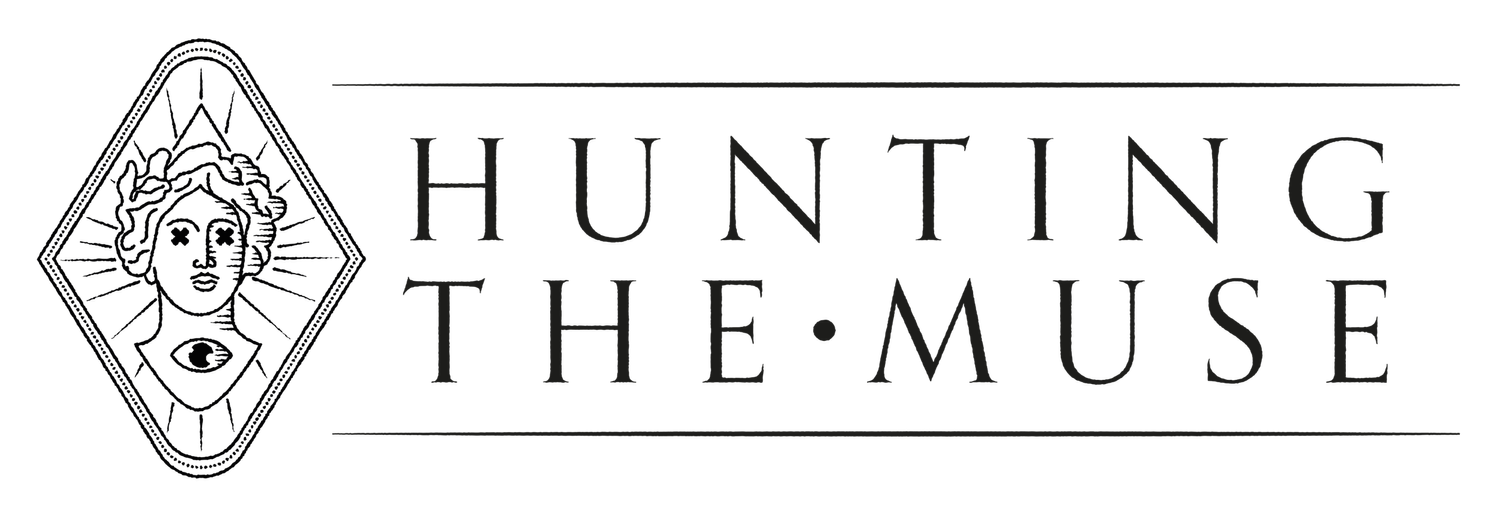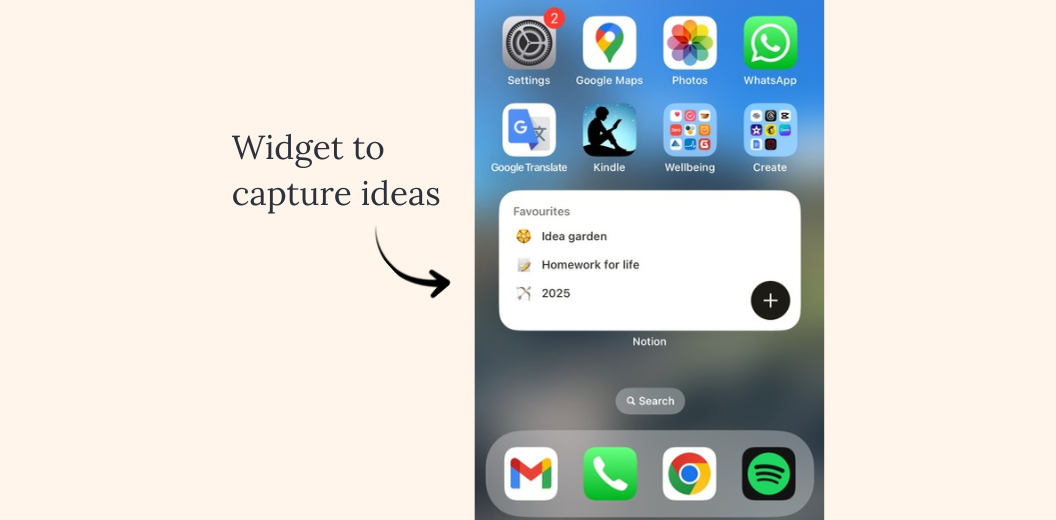Inside James Joyce's epiphanies, and finding writing magic in the mundane
There’s a certain feeling we all chase: a flash of insight where things make sense.
Maybe you’re painting and you can’t see what’s missing, until a bee lands on the canvas and gives the piece perfect balance. Maybe after months of travel, searching for your purpose, your foot crushes a beer can on the beach and you know your mission is to help our world.
These realisations — or epiphanies — help us navigate life and are the lifeblood of creative work. Epiphanies have been described as insights from the divine, as “facts of God,” or as modernist writer James Joyce called his literary epiphanies, “sudden spiritual manifestations”.
But where do epiphanies come from, and can we learn to catch them?
What did the ancients say about inspiration?
The word Epiphany comes from a form of ancient Greek, originally translating as ‘manifestation’ or ‘appearance’. It was often used to describe the arrival of dawn or an an enemy during war. But significantly, it also meant the moment a god arrived to deliver a message to mortals.
The Inspiration of the Poet — Nicolas Poussin (1630). Apollo, god of poetry and music, and Calliope, muse of epic poetry, visit a poet.
When an artist or writer was inspired, it meant a Muse (one of the nine daughters of Zeus) had entered them temporarily. The first line in one of the oldest works of Western literature, Homer’s The Iliad, begins not by the poet asserting his own voice, but by invoking inspiration from outside himself:
“Sing, O Muse, of the wrath of Achilles…”
A writer’s epiphany was not an individual gift, but a relationship between the artist and the supernatural. And yet, centuries on, this idea is still entertained.
In her famous TED Talk on creative genius, Elizabeth Gilbert describes a more ‘healthy’ way she thinks about her creativity is that it’s something that flows through her, not from her. She recalls poets who said inspiration rushes over them like a ‘train of air’: gone if they don’t catch it in time.
Even more recently, famous music producer Rick Rubin, in The Creative Act, writes that ideas stem from a “Source”, a realm of creative energy, that is manifested and translated through us into art.
But James Joyce’s literary epiphanies did not come from such lofty heights, but from simple everyday awareness.
James Joyce, and the shift from divine to daily life
In the wake of the First World War, there was an explosion of rationalism: Freudism, Darwinism, Nietzsche’s claim that “God is dead,” and in writing and the arts, modernism.
The modernist writers, like James Joyce, wrote inside this modern vacuum of meaning in a ‘stream of consciousness’ style, replacing classic storytelling with a nonlinear flow of thoughts and feelings, often about ordinary, mundane life. But Joyce made ordinary life a thing of wonder.
To James Joyce, epiphanies were trivial moments, conversations, memories, and daydreams that gave him a new understanding of life. And his work was full of these everyday details: Ulysses, for example, is a 1000+ page novel about a single day in the lives of three Dubliners.
In Stephen Hero, Joyce defines epiphanies as:
“...A sudden spiritual manifestation, whether in the vulgarity of speech or of gesture or in a memorable phase of the mind itself.”
By observing moments that gave him a new sense of understanding, Joyce stored epiphanies of everyday life in Dublin to give depth to some of his greatest work.
A shortlist of James Joyce's epiphanies, and the work they appeared in.
How to catch your own epiphanies
A creative epiphany, like Joyce’s, isn’t random luck. It depends on attention, and the ability to clear the noise, stay aware and focused, and be ready when they arrive.
1. Make space to receive
Epiphanies need us to be still and open to choose us. These days, it feels like we don’t have a lot of time to daydream, but that’s where the real connections happen. Fatigue, stress, fears, anger… these all interfere and jam up your signal. You need high energy, strength, and mindful awareness.
Try:
Recording dreams before they fade
Long walks (without your phone)
Eavesdropping conversations
Daydreaming or napping
Shower thoughts
2. Focus until it flows
Joyce collected fragments and constructed his texts like a puzzle. Other writers work like mules into the ideas arise. Activity can summon insights as you go. Musician Ed Sheeran compares it to “letting a dirty tap run”: first there’s murky water, but the more you improvise, the water becomes clean and you can drink it.
Try:
Sketching without judging the output
Freewriting until something clicks
Improvising and jamming
Conversations on the topic
Conducting research
Journaling
3. Grab your net
When an epiphany arrives, you need to be quick off the draw. Your tools should make this effortless. Think about how to design your phone or tech for creativity, not reactivity. On my home screen, I keep a Notion widget called Idea Garden, which is one tap away from catching an idea. Others might use a notepad, voice notes, or a voice-to-text app.
Try:
Phone app with one-tap access (Notion, Notes, or Obsidian)
Capturing and collaborating with AI
Voice-to-text in a Google Doc
Voice notes for walks, drives
Notepad or pocket journal
Epiphanies form your creative edge
Epiphanies don’t arrive instantly. They come to those who think slow. Who embrace boredom. Who truly observe, listen, and lean in. Who conduct the research and think things through.
We live in a world where we want and expect everything now, including writing and creative work, which tragically was the first ‘task’ that GenAI was given to solve (as if an AI dishwasher shouldn’t have been the first thing…)
But our creative edge, our unique way of thinking, is what gives rise to epiphanies that lead us to our next idea. Our capacity to imagine, and let these insights come to us, is our greatest asset.





